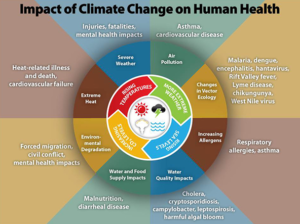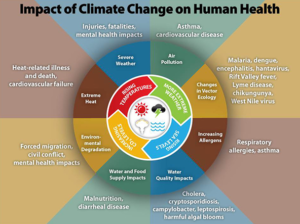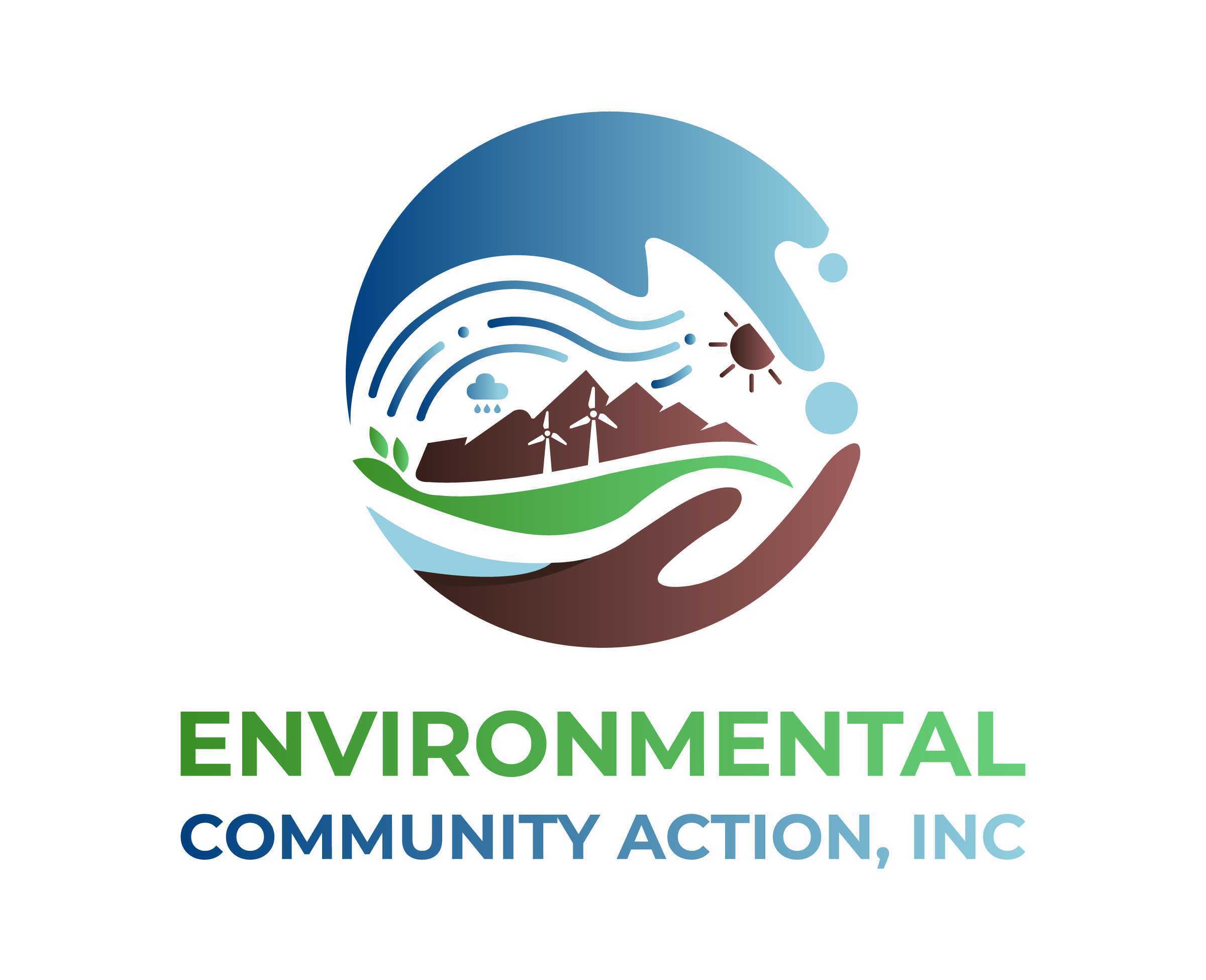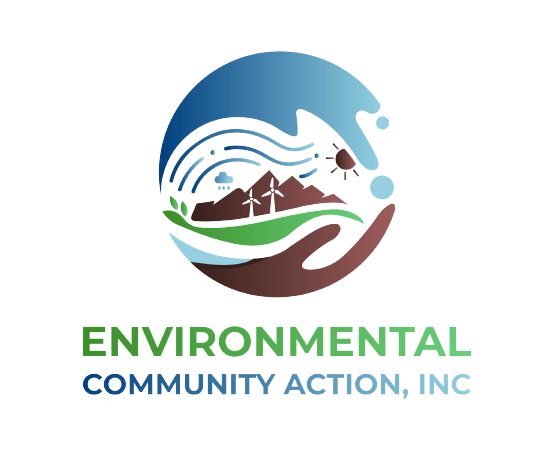
Written by Frank Bove (ECO-Action Board President) and Bill Eisenhauer
Recent articles in two cancer journals summarized the impact of global warming/climate change on cancers. * Currently about 10 million people worldwide will die from cancer this year alone. In the US, nearly 2 million new cases of cancer will be diagnosed this year and over 600,000 people will die from the disease, making it the second leading cause of death. It is likely that cancer will become the leading cause of death during this century for virtually every country in the world.

Climate change is known to cause rising temperatures and changing rainfall patterns that increase the spread of infectious diseases transmitted by mosquitos, ticks, fleas and other bugs. But, the effects of climate change on cancers are less clear because, unlike infectious diseases, there is usually a long period between exposure and the onset of a cancer. Nevertheless, climate change can impact cancer development and survival in various ways including increased exposures to air pollutants and toxic chemicals and disruptions of health care system infrastructure.
Particulate air pollution causes as many as 15% of all lung cancer deaths. Wildfires contain particulates and other airborne chemicals known to cause cancers. By creating the conditions for wildfires such as high temperatures, changes in the amount of rainfall and drought, climate change increases exposures to these cancer-causing air pollutants. Climate change also can cause weather inversions that trap and increase concentrations of particulates, smoke and other air pollutants.
Extreme weather events and wildfires caused or made stronger by climate change can spread cancer-causing chemicals in communities. For example, in California, drinking water sources were contaminated with benzene following wildfires in 2018. In 2017, massive flooding from Hurricane Harvey devastated Houston TX, inundating chemical plants, oil refineries, and Superfund sites releasing vast amounts of carcinogens into the community.
The greatest impact of climate change on cancers could be from disruption of health-care delivery systems required for cancer screening, early diagnosis, treatment and care. Extreme weather events can damage health-care infrastructure, reducing the quality and availability of healthcare. These events also interrupt health care delivery by causing power outages, disrupting supply chains, transportation, and communication, and creating staff shortages. In New Orleans, Hurricane Katrina caused substantial delays in cancer treatment due to damaged hospital infrastructure and equipment and closure of health facilities and cancer treatment units. Reduced access to cancer care and treatment lasted years after the hurricane with substantial effects on patient survival. One study found that breast cancer survival was lower for people exposed to Hurricane Katrina than for those unexposed. Hurricane Sandy in New York City and hurricanes that devastated Puerto Rico also disrupted health care delivery.
Reviews of the scientific literature conclude that extreme storms and flooding, and other disasters impacted by climate change, increase cancer deaths. As climate change affects the frequency, intensity, and behavior of extreme weather events, communities become more vulnerable as it becomes harder to prepare and respond to ever more unpredictable and severe weather. Communities already facing environmental injustice hazards must now develop disaster preparedness plans that can withstand severe climate threats. Low income communities and communities of color have disproportionately higher rates of cancer cases and cancer deaths. The impacts of climate change on health are widespread, diverse, and will continue to grow rapidly without a sustained global response. Although it may take decades to fully understand the impact of climate change on cancers, that should not prevent acting now to protect public health.
* Hiatt RA and Beyeler N. Cancer and climate change. Lancet Oncol 2020; 21: e519–27 www.thelancet.com/oncology Vol 21 November 2020
Nogueira LM, Yabroff KR, and Bernstein A. Climate change and cancer. CA Cancer J Clin 2020; volume 70 number 4 July/August, 239-244.


